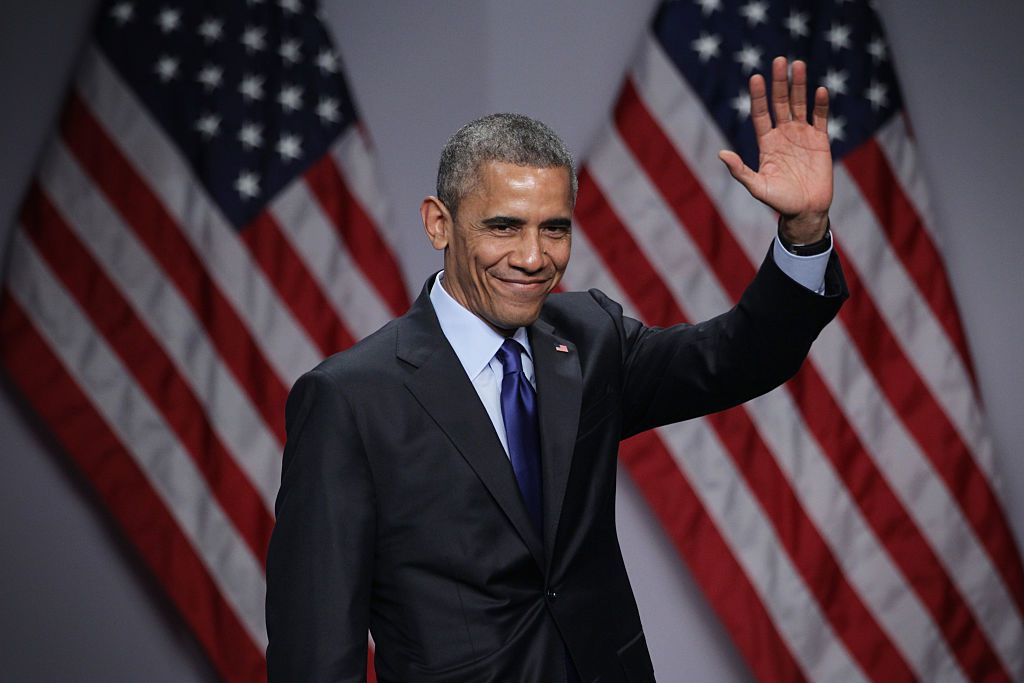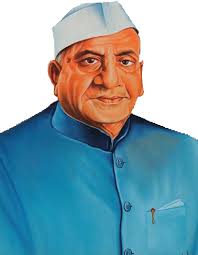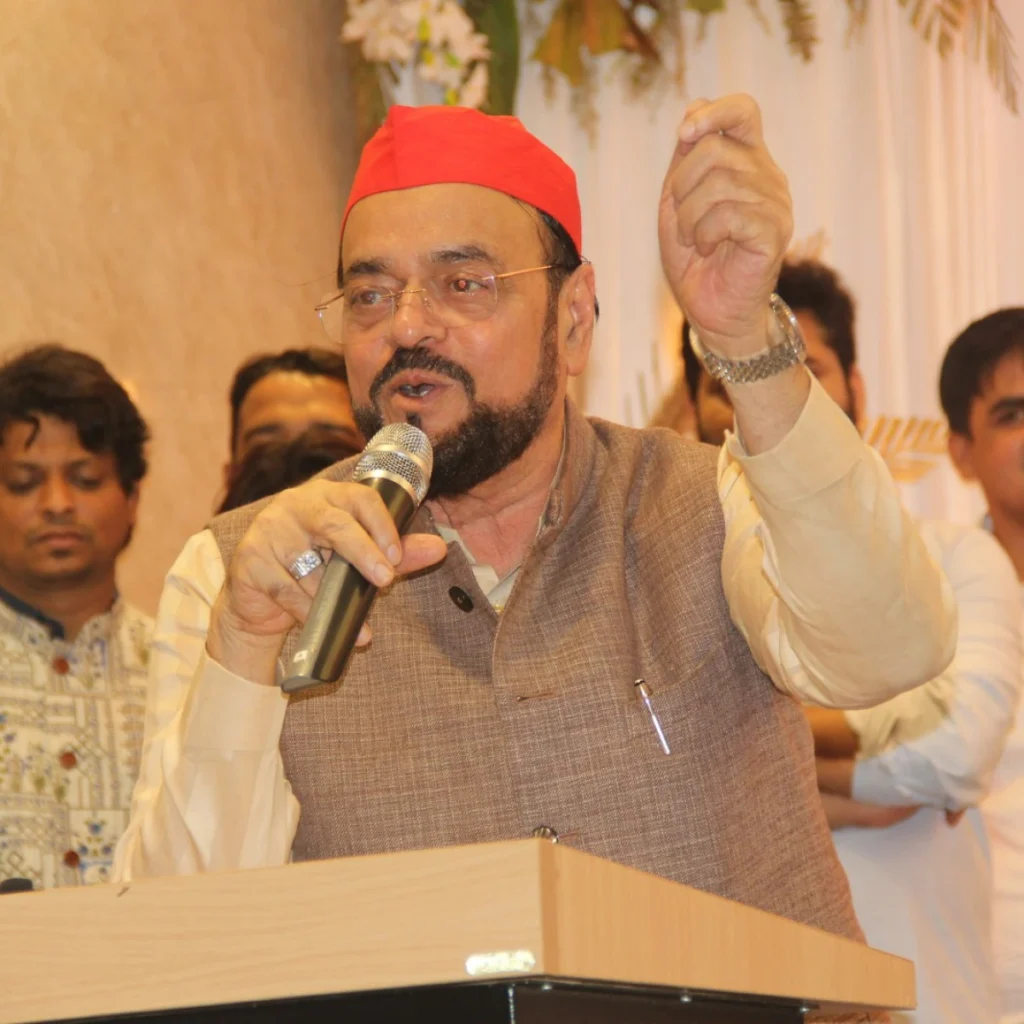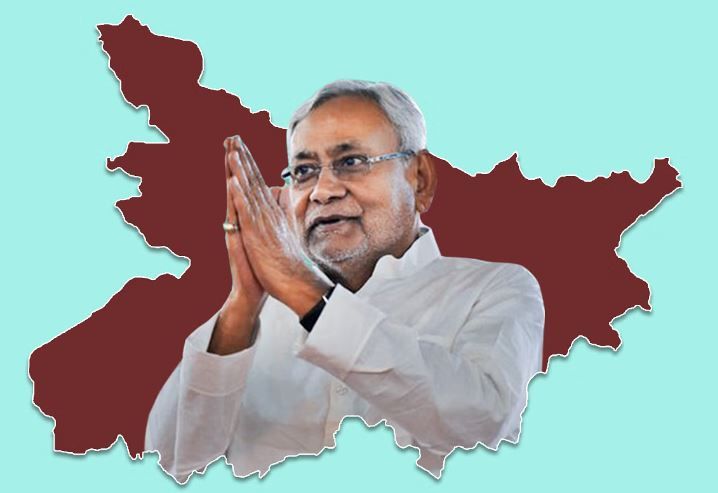Barack Obama, the 44th President of the United States, made history as the first African American to hold the highest office in the country. His presidency, spanning from 2009 to 2017, was marked by transformative policies, significant domestic and international challenges, and a message of hope and change that resonated globally. In this detailed narrative, we will delve into Barack Obama’s early life, rise to prominence, key accomplishments as president, challenges faced, and his lasting impact on American politics and society.
Early Life and Education
Barack Hussein Obama II was born on August 4, 1961, in Honolulu, Hawaii, to a Kenyan father, Barack Obama Sr., and an American mother, Stanley Ann Dunham. His parents’ diverse backgrounds and experiences shaped Obama’s worldview and commitment to multiculturalism and inclusivity.
Obama spent part of his childhood in Hawaii and Indonesia, where he gained exposure to different cultures and societal dynamics. After returning to Hawaii, he attended Punahou School and later studied at Occidental College in Los Angeles before transferring to Columbia University, where he earned his bachelor’s degree in political science. He then went on to Harvard Law School, where he excelled and became the first African American president of the Harvard Law Review.
Early Career and Entry into Politics
Obama’s early career included work as a community organizer in Chicago, where he focused on issues such as job training, housing, and economic development in underserved communities. His experiences working with diverse groups and grassroots organizations laid the foundation for his future political activism.
After earning his law degree, Obama taught constitutional law at the University of Chicago Law School and worked as a civil rights attorney. His growing interest in politics led him to serve in the Illinois State Senate from 1997 to 2004, where he gained recognition for his bipartisan approach and advocacy for ethics reforms and healthcare initiatives.
U.S. Senate and Presidential Campaign
In 2004, Barack Obama gained national attention with his keynote address at the Democratic National Convention, showcasing his oratory skills, vision for unity, and inspiring message of hope and change. The following year, he was elected as the junior U.S. Senator from Illinois, quickly becoming a rising star within the Democratic Party.
Obama’s decision to run for the presidency in 2008 marked a historic and groundbreaking campaign. He faced formidable opponents within his party, including Senator Hillary Clinton, in a hard-fought primary race. Obama’s grassroots mobilization, innovative use of technology for campaigning, and a compelling message of unity and progressiveness resonated with voters across demographics.
Presidency: Key Accomplishments and Initiatives
Barack Obama assumed office as President of the United States on January 20, 2009, amid a global financial crisis and significant challenges at home and abroad. His presidency was characterized by a series of landmark achievements, policy initiatives, and efforts to navigate complex political landscapes.
1. Affordable Care Act (ACA):
One of Obama’s most significant legislative accomplishments was the passage of the Affordable Care Act, commonly known as Obamacare, in 2010. The ACA aimed to expand healthcare coverage, improve affordability, and regulate insurance industry practices such as denying coverage based on pre-existing conditions. While the law faced political opposition and legal challenges, it provided millions of Americans with access to health insurance and essential healthcare services.
2. Economic Recovery and Financial Reforms:
In response to the 2008 financial crisis, Obama’s administration implemented economic stimulus measures, including the American Recovery and Reinvestment Act of 2009, to spur job creation, stabilize financial markets, and support struggling industries such as automotive and banking. The administration also pursued regulatory reforms through the Dodd-Frank Wall Street Reform and Consumer Protection Act to enhance financial oversight and prevent future economic crises.
3. Climate Change and Clean Energy:
Obama prioritized environmental sustainability and clean energy initiatives during his presidency. He signed executive orders to reduce carbon emissions, promote renewable energy development, and participate in international climate agreements such as the Paris Agreement. His administration’s investments in clean energy research and infrastructure aimed to transition to a low-carbon economy and address climate change challenges.
4. Foreign Policy and National Security:
Obama faced complex international challenges during his presidency, including wars in Iraq and Afghanistan, the global fight against terrorism, nuclear proliferation concerns, and shifting geopolitical dynamics. He implemented a strategy of multilateral engagement, diplomatic outreach, and military drawdowns while maintaining U.S. national security interests. The operation that led to the killing of Osama bin Laden in 2011 underscored his administration’s counterterrorism efforts.
5. LGBTQ+ Rights and Social Justice:
Obama’s presidency witnessed significant advancements in LGBTQ+ rights, including the repeal of the “Don’t Ask, Don’t Tell” policy barring openly gay individuals from serving in the military and his administration’s support for marriage equality, culminating in the landmark Supreme Court decision legalizing same-sex marriage nationwide in 2015. Obama also addressed issues of racial justice, criminal justice reform, and immigration policy during his time in office.
Challenges and Criticisms
Despite his accomplishments, Barack Obama’s presidency faced challenges, criticisms, and political obstacles:
- Political Polarization: Obama’s efforts to enact legislative priorities, such as immigration reform and gun control measures, faced staunch opposition and gridlock in Congress, exacerbated by increasing political polarization and partisan divides.
- Economic Recovery Challenges: While the economy showed signs of recovery during Obama’s tenure, issues such as income inequality, wage stagnation, and regional disparities persisted, leading to ongoing debates over economic policies and inclusive growth strategies.
- Foreign Policy Complexities: Obama’s foreign policy decisions, including military interventions, drone strikes, and approaches to conflicts in the Middle East and North Africa, drew scrutiny and debate over strategic effectiveness, humanitarian concerns, and long-term stability in affected regions.
- Healthcare and Policy Reversals: The Affordable Care Act faced legal challenges, implementation hurdles, and opposition from critics seeking its repeal or modification. Subsequent administrations sought to dismantle or alter certain aspects of the healthcare law, highlighting ongoing policy debates and shifts in healthcare policy priorities.
Legacy and Post-Presidential Activities
Barack Obama’s legacy as president continues to shape American politics, public discourse, and policy agendas. His presidency symbolized historic milestones in diversity, leadership style, and public engagement. Since leaving office, Obama has remained active in public life through initiatives such as the Obama Foundation, promoting civic engagement, leadership development, and global initiatives on issues such as climate change, education, and youth empowerment.
Obama’s memoir, “A Promised Land,” published in 2020, provides insights into his presidency, decision-making processes, and reflections on key moments in his political career. His influence on the Democratic






